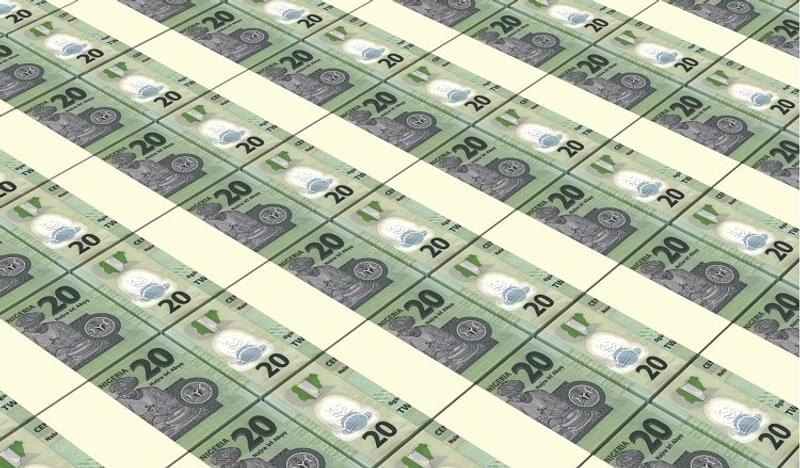According to the Nigerian ministry of finance, the sovereign will allow many of the country’s states to defer their debt repayment obligations to the federal government on a number of loans arranged last month. In March, loan repayments of NGN10.9bn (US$54.8mn) were deferred by the federal government. The sovereign will also service the debt obligations any states have to other creditors.
The finance ministry stated that around 27 of the country’s 36 states have had obligatory repayments to the federal government deferred.
This is not the first time the government has had to intervene to support the finances of individual states. “The authorities are fully aware of the states’ needs but they have indicated that this time, contrary to last year, financial help will be conditional to reforms and the acceptance of strong guidelines,” said Aurelien Mali, a Vice President at Moody’s.
“A bailout in 2015 involved 22 states, where their loans were swapped for longer dated federal government bonds - the servicing of which will be paid by the states’ revenues,” he added.
States borrowed from the domestic market and from banks to fund infrastructure projects during high oil prices. The subsequent low price of oil has pressured states’ finances and their ability to pay certain bills, and have also shrunk disbursements from the federal government to individual states.
As of December last year, Nigeria had debts of US$10.7bn according to the nation’s Debt Management Office (DMO), of which US$3.67bn was owed by the country’s states.
By supporting its states, the federal government is putting additional strain on the country’s overall finances, which have already been pressured by low oil prices.
Mali stated that the current combined debt of the states is around NGN2tn, or 2% of GDP. He noted that a strong fiscal policy could make the situation manageable. “The federal government through the DMO controls the states’ access to the markets as they need to get authorization from the federal government,” he added.
However, the problem is not unique to Nigeria. Mali said that in almost all countries, the central government (here the federal government) has always organised some form of support to bail out the lower tiers of government.









